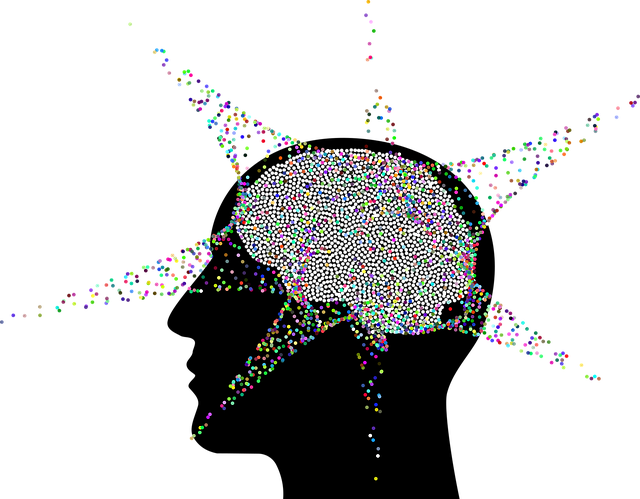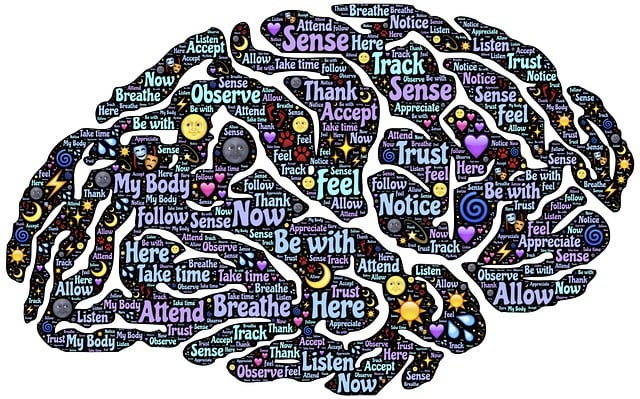Creating a supportive environment is crucial for facilitating effective therapy for adults alcohol abuse groups. This involves managing diverse group dynamics, from competitive strangers to supportive peers, by fostering safety and open communication. Facilitators achieve this through setting clear rules, active listening, confidentiality, pair sharing, and small group discussions. They tailor their approach to address emotional regulation, stress management, and trauma support, incorporating mindfulness and cognitive-behavioral strategies. Additionally, integrating social skills training and developing public awareness campaigns with educational materials equip group members with tools for long-term recovery success.
Mental wellness group facilitation is a powerful tool for supporting individuals dealing with challenges like alcohol abuse. This article explores effective techniques for facilitators aiming to create safe, supportive environments. We delve into understanding group dynamics, fostering open communication among adults, and integrating therapeutic strategies tailored for alcohol abuse recovery. By employing these methods, facilitators can enhance the therapeutic experience, promote healing, and empower individuals on their path to recovery.
- Understanding Group Dynamics for Effective Facilitation
- Strategies to Foster Open Communication in Adult Groups
- Incorporating Therapeutic Techniques for Alcohol Abuse Recovery
Understanding Group Dynamics for Effective Facilitation

In a mental wellness group setting, understanding group dynamics is paramount for effective facilitation. Groups vary greatly—from supportive peers to competitive strangers—and each brings unique challenges and opportunities. Facilitators must navigate these complexities, fostering an environment where every member feels safe to express themselves honestly. This involves recognizing power imbalances, managing emotional intensity, and cultivating a sense of belonging.
By understanding the group’s collective emotional regulation, stress management, and trauma support services needs, facilitators can tailor their approach. They can encourage active participation, facilitate open dialogue, and incorporate therapeutic techniques like mindfulness exercises or cognitive-behavioral strategies to enhance emotional well-being. This nuanced understanding ensures that therapy for adults with alcohol abuse issues, as well as other mental health challenges, is both effective and accessible within the group setting.
Strategies to Foster Open Communication in Adult Groups

Creating a safe space for open communication is essential when facilitating mental wellness groups for adults, especially those dealing with issues like alcohol abuse. One effective strategy is to establish ground rules at the beginning, emphasizing respect, active listening, and confidentiality. This sets the tone for a non-judgmental environment where participants feel secure sharing their experiences and emotions.
Additionally, using techniques like pair sharing or small group discussions can encourage members to open up. Facilitators can guide these sessions by asking thought-provoking questions related to mental health topics, such as stress management or depression prevention. These communication strategies not only foster a sense of community but also contribute to the development of public awareness campaigns, ultimately enhancing support for individuals seeking therapy for adults with alcohol abuse issues.
Incorporating Therapeutic Techniques for Alcohol Abuse Recovery

In facilitating mental wellness groups for adults struggling with alcohol abuse recovery, incorporating therapeutic techniques is paramount. One effective method is integrating social skills training into group sessions. By fostering a supportive environment, participants can practice essential communication and interpersonal skills, which are crucial for maintaining sobriety. This not only enhances their self-confidence but also encourages them to form positive connections, reducing the risk of relapse.
Additionally, Public Awareness Campaigns Development plays a significant role in providing ongoing support. Educational materials and workshops on recognizing triggers, managing stress, and adopting healthy Self-Care Practices can equip group members with valuable tools. These initiatives raise awareness about alcohol abuse recovery options, promoting understanding and empathy within the community, ultimately contributing to more successful long-term recoveries.
Group facilitation plays a pivotal role in enhancing mental wellness, especially for individuals dealing with alcohol abuse. By understanding group dynamics and employing strategies like fostering open communication, facilitators can create a safe and supportive environment. Incorporating therapeutic techniques tailored to adult alcohol abuse recovery not only empowers participants but also offers practical tools for managing cravings and triggers. These methods, when applied effectively, have the potential to revolutionize therapy for adults struggling with alcohol abuse, providing them with the resilience needed for long-term recovery.











